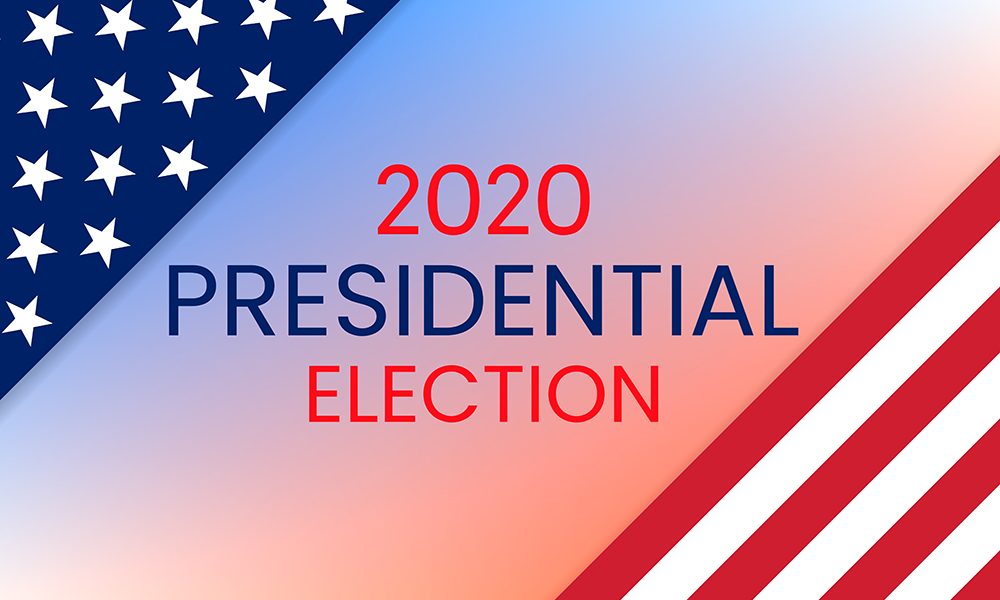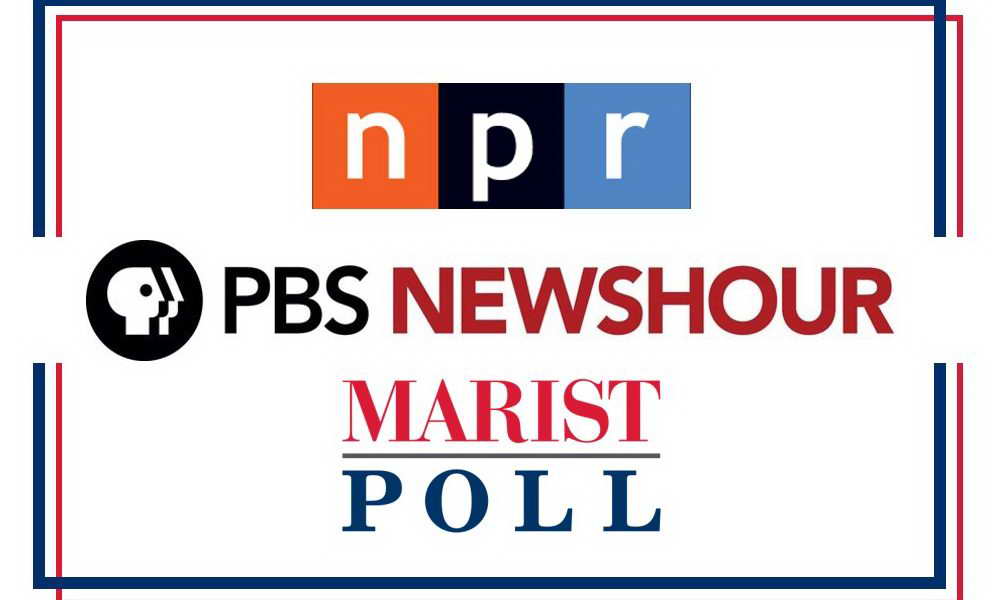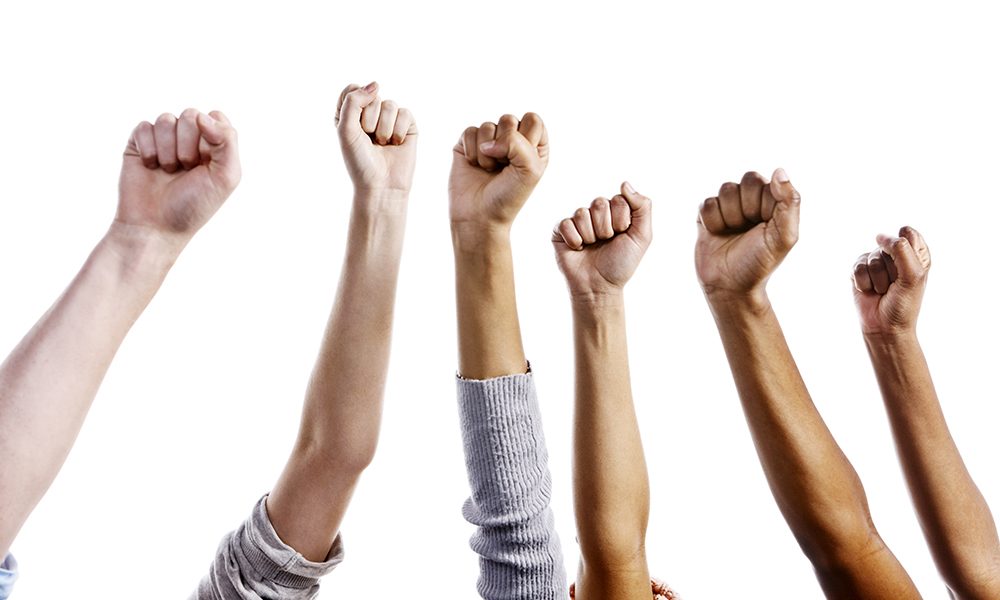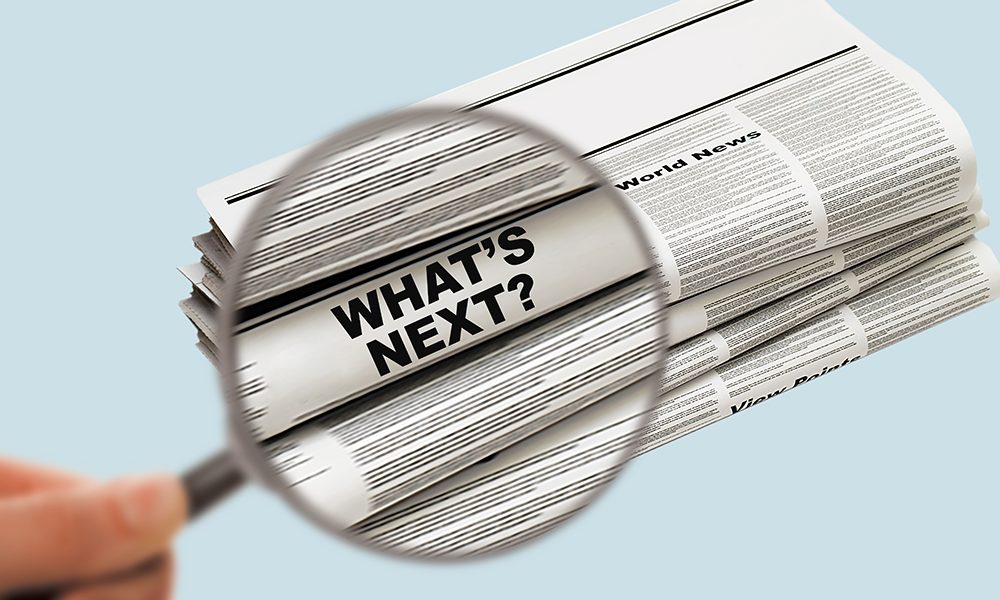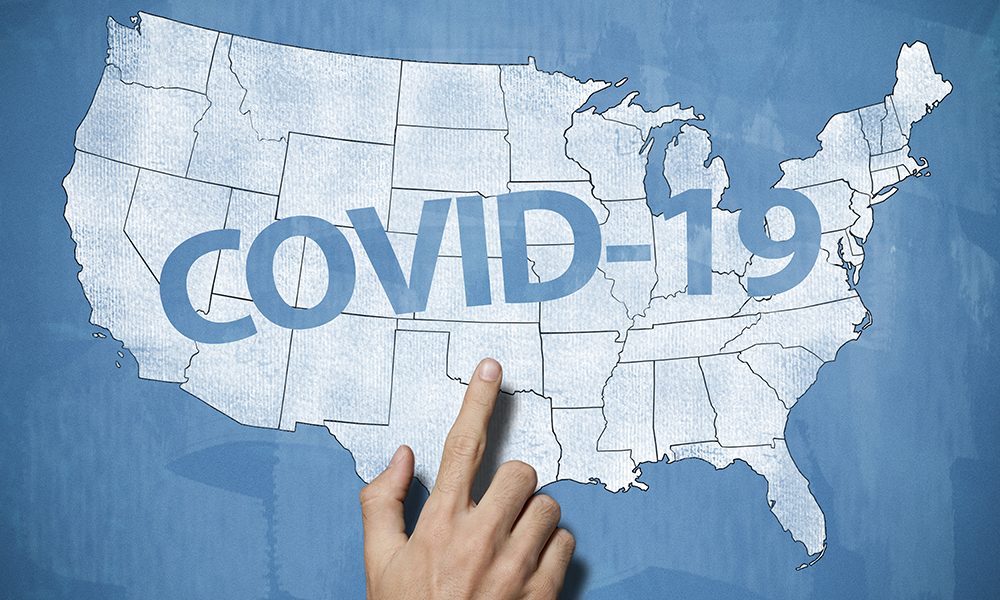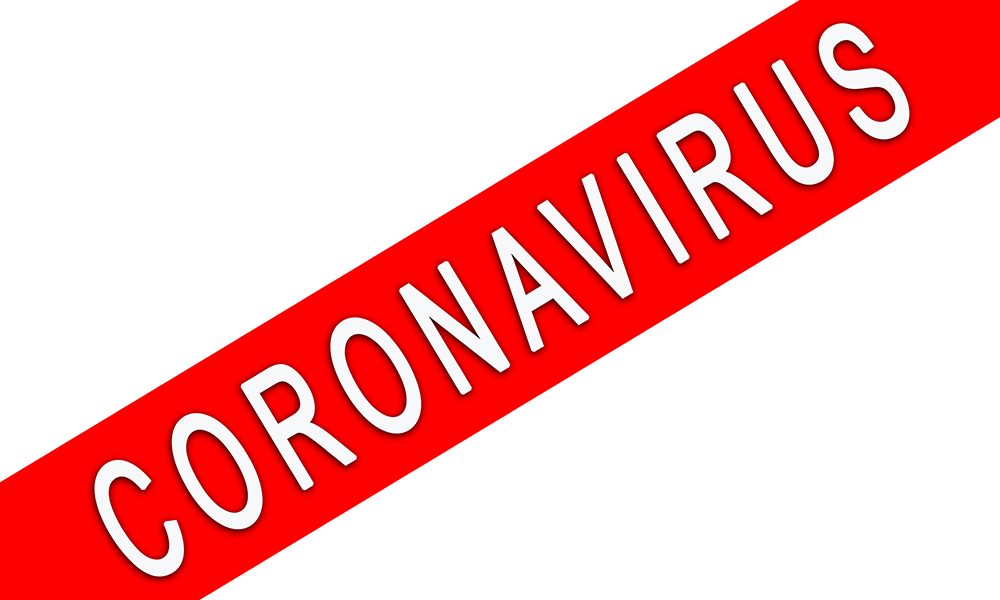Seven in ten U.S. residents (70%) now report they are very concerned or concerned about the spread of coronavirus in their communities. This is a marked increase from 44% of U.S. residents who had this view in the NPR/PBS NewsHour/Marist Poll released in early February.
The proportion of Republicans (58%) with a heightened level of concern is up from 41% previously. Larger proportions of Democrats (84% from 52%) and independents (68% from 37%) now report a high level of anxiety about the spread of the contagion in their communities.
Despite this heightened level of concern, fewer Americans perceive the coronavirus to be a real threat, and more say the coronavirus is being blown out of proportion. 56% of Americans, down from 66% previously, say the virus is a real threat. 38% of residents, up from 27%, say the coronavirus is being exaggerated. The change has mostly occurred among Republicans. While 72% of the GOP considered the coronavirus to be a real threat in early February, only 40% now have this view. A majority of Republicans (54%) currently have the view that the situation is being blown out of proportion. This is up from 23% previously. Among independents, 50% think the coronavirus is a real threat, down from 64%. Among Democrats, 76% consider the danger to be real, up from 70%.
“Since the pandemic has taken root and grown in the United States, Democrats and Republicans are now poles apart,” says Dr. Lee M. Miringoff, Director of The Marist College Institute for Public Opinion. “The consequences of these differing perspectives are shaping how people are responding to calls for action.”
Americans do not trust the information they receive from the president about the pandemic. 60% say they have not very much or no trust at all in the communication they receive from Trump. 37% have a great deal or good amount of trust in the president’s messaging. Most Democrats (91%) and more than six in ten independents (62%) lack confidence in the information the president shares about the crisis. Even 21% of Republicans agree. 74% of Republicans report they have, at least, a good amount of trust in the information the president provides about coronavirus.
Many Americans perceive a lack of leadership. Nearly half of Americans (49%) disapprove of how President Donald Trump is handling the coronavirus pandemic. 44% approve. Not surprisingly, a wide partisan divide exists.
Despite Americans’ concern about coronavirus and the president’s approach to the pandemic, Trump’s job approval rating remains steady. 43% approve of how he is doing his job overall, including 32% who strongly do so. 50% disapprove, including 41% who are strongly of this view. In February, 42% approved of the president’s job performance, and 51% disapproved.
The coronavirus pandemic is a public health issue with the potential for a profound impact on the U.S. economy, and 51% of Americans tell the NPR/PBS NewsHour/Marist Poll they approve of how President Trump is handling the economy. This is identical to the proportion (51%) who held this view in February. 45%, up from 40%, disapprove of his economic approach. Four percent, down from 9% in February, are unsure.
Americans divide over whether or not the federal government is doing enough to prevent the spread of coronavirus. 46% say the federal government is taking appropriate action while 44% think it is not doing enough. Faith in the U.S. government to deal with this situation has plummeted. When the NPR/PBS NewsHour/Marist Poll reported a similar question in early February, 61% of Americans thought U.S. government officials were doing enough to contain the virus, and 26% said they were falling short in their response to the contagion.
The proportion of Democrats who report the federal government has not taken adequate measures has doubled (70% from 35%). Independents, who just last month thought Washington was doing enough (69% to 15%), now divide. 47% say the federal government is doing enough in its response, and 47% think it is not. Most Republicans (77%) say the federal government is doing enough, a slight uptick from 72% in the previous poll.
Americans do have faith, though, in their state governments to handle the coronavirus outbreak. Nearly two in three Americans (65%) say their state government is doing enough to prevent the spread of coronavirus. 23% think state officials should be doing more. Looking at party, 78% of Republicans, 70% of independents, and even a majority of Democrats (53%) say the reaction on the state level is adequate. Of note, more than three in ten Democrats (31%) say state officials need to take additional action.
In contrast to Americans’ doubts about the information coming from the White House, most people (72%) have a great deal or good amount of trust in the information they receive from their state and local governments. Bipartisan consensus exists on this question. The most trusted group, however, for information about coronavirus are public health officials (84%). At least eight in ten Americans, across party lines, report they have a great deal or good amount of trust in the information they receive from these experts.
Americans divide about the level of trust they have in the information distributed by the news media. 50% trust media sources, and 47% have little or no trust in them. Nearly two in three Democrats (64%) have, at least, a good amount of trust in the media, whereas six in ten Republicans (60%) do not. Independents divide, 49% to 47%, respectively.

How has coronavirus impacted daily life for Americans?
48% of Americans say they have cancelled plans to avoid crowds. 59% of Democrats have made it a point to avoid large gatherings while 60% of Republicans and 54% of independents have not.
46% have decided to eat at home more often. Differences divide along party lines. 60% of Democrats say they are eating in more often while 63% of Republicans say they have not changed their eating habits. 60% of independents also have not decided to dine at home more frequently.
42% of Americans have stockpiled food and supplies. More than six in ten Republicans (61%) and independents (64%) have not collected provisions to hold them over during the crisis. Democrats divide. 51% say they have not purchased extra food and supplies while 49% have.
30% of Americans have changed their travel plans because of the pandemic. Democrats (38%) are more likely than Republicans (26%) and independents (26%) to say they have made adjustments to their travel itineraries.
Two percent of Americans say they have tried to be tested for coronavirus and have been unable to receive a test.
Among working Americans, one in three (33%) have altered their daily work routines due to coronavirus. At least a majority of Democrats (59%), Republicans (77%), and independents (63%) say they have not adjusted their workday because of the coronavirus. Yet, Democrats (41%) are significantly more likely than Republicans (23%) to say they have done so.
A notable 18% of employed Americans say they have been let go or have had their work hours reduced because of coronavirus.
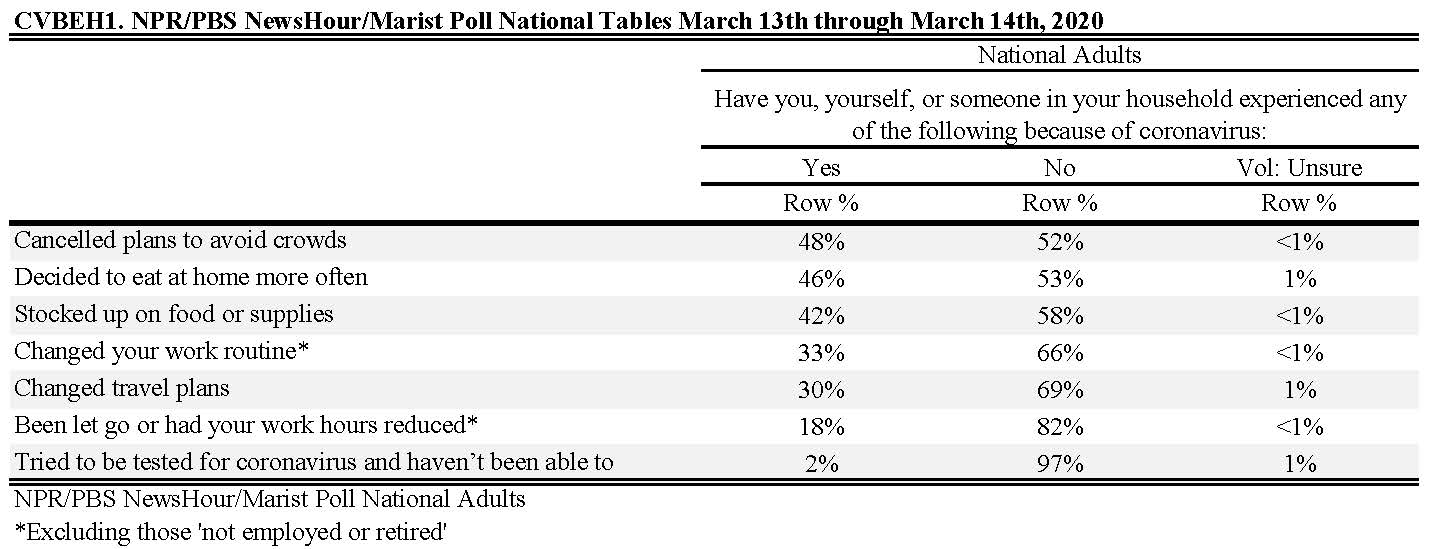
Complete March 17, 2020 NPR/PBS NewsHour/Marist Poll Release of the United States
Complete March 17, 2020 NPR/PBS NewsHour/Marist Poll of the United States (Tables of Adults and Registered Voters)
Marist Poll Methodology
Nature of the Sample


